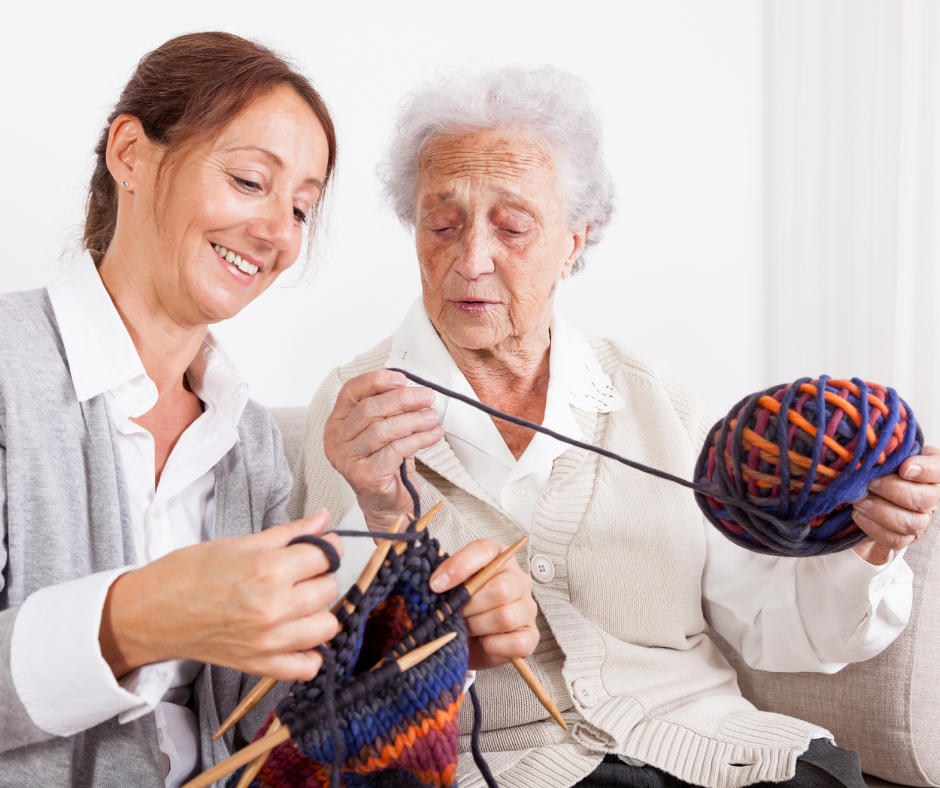Being a family caregiver is a noble and challenging role. Whether you’re caring for an ageing parent, a spouse, or a family member with special needs, your dedication makes a significant impact on their quality of life. Here are some practical tips to navigate this journey with compassion and resilience:
1. Self-Care Matters
Caring for others starts with caring for yourself. Remember the aeroplane safety advice: “Put your oxygen mask on first.” Prioritise your physical and emotional well-being. Get adequate rest, eat healthily, and find moments to recharge. Seek support from friends, support groups, or professional counsellors. You can’t pour from an empty cup.
2. Learn About Their Condition
Understanding your loved one’s medical condition or specific needs is crucial. Research and educate yourself about their diagnosis, treatment options, and potential challenges. Attend medical appointments together, ask questions, and communicate openly with healthcare professionals. Knowledge empowers you to make informed decisions.
3. Create a Support Network
You don’t have to do it all alone. Reach out to other family members, friends, and neighbours. Delegate tasks and responsibilities. Consider hiring professional caregivers or respite services to give yourself breaks. A strong support network ensures that you’re not overwhelmed and that your loved one receives consistent care.
4. Organise Medications and Appointments
Maintain a detailed medication schedule. Use pill organisers or smartphone apps to track doses and refill prescriptions promptly. Keep a record of doctor’s appointments, tests, and treatments. Regular check-ups are essential for monitoring health changes and adjusting care plans.
5. Home Safety First
Make your home environment safe and accessible. Remove tripping hazards, install handrails, and ensure proper lighting. Consider assistive devices such as grab bars, shower chairs, and raised toilet seats. Regularly check smoke detectors and fire extinguishers. Falls prevention is critical.
6. Effective Communication
Listen actively to your loved one’s needs and preferences. Encourage open conversations about their feelings, fears, and desires. Respect their autonomy while offering assistance. Use clear and simple language. Sometimes a heartfelt chat over a cup of tea can work wonders.
7. Nutrition and Hydration
Maintain a balanced diet for your loved one. Prepare nutritious meals that meet their dietary requirements. Encourage hydration throughout the day. Consult a dietitian if needed. Food is not only nourishment but also a source of comfort and connection.
8. Embrace Respite Care
Taking breaks is not a luxury; it’s essential. Arrange for respite care to recharge. Whether it’s a few hours or a weekend away, respite allows you to rejuvenate. Use this time to pursue hobbies, meet friends, or simply relax. Remember, you’re a better caregiver when you’re well-rested.
9. Legal and Financial Planning
Discuss legal matters early on. Create advance directives, such as living wills and power of attorney documents. Understand your loved one’s financial situation and explore benefits they may be eligible for. Seek professional advice to navigate legal complexities.
10. Celebrate Small Victories
Care-giving can be emotionally draining, but it’s also filled with small victories. Celebrate moments of progress—a smile, a shared memory, or a successful outing. Acknowledge your efforts and the positive impact you’re making. You’re not just a caregiver; you’re a lifeline.
Remember, there’s no one-size-fits-all approach to care-giving. Adapt these tips to your unique situation, and know that you’re making a difference in someone’s life. Your compassion and dedication are invaluable.
Disclaimer: This blog post provides general advice and should not replace personalised medical or legal guidance. Always consult professionals for specific situations.
Feel free to share this post with other family caregivers who might find it helpful.








